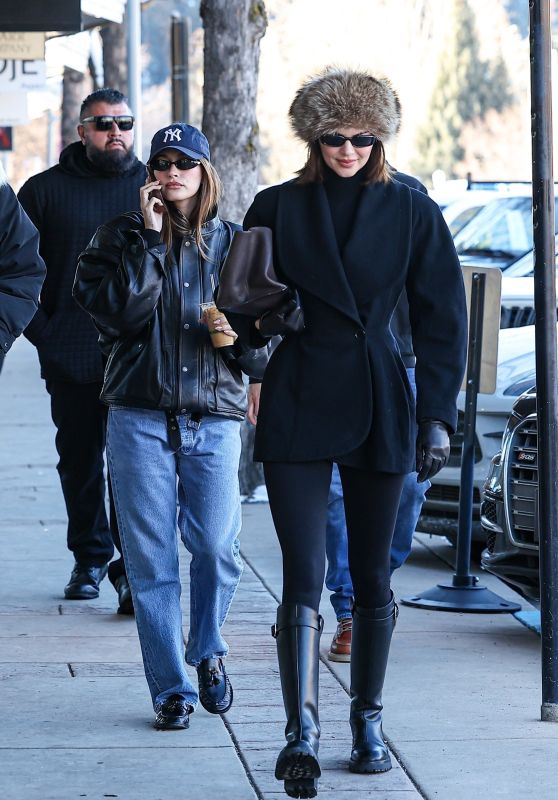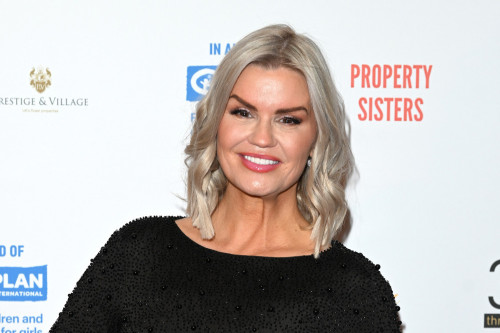It was back to basics at this year’s MIPCOM, the world’s leading television market, which wrapped in Cannes this week, with buyers and sellers alike, still reeling from the 2023 Hollywood strikes and a sluggish advertising market, embracing a more conservative approach. The message was clear: the era of high-risk, big-budget productions is giving way to more practical, proven formats, both in scripted and non-scripted programming.
“People are looking for the tried and true,” noted Lisa Kramer, president of international content licensing for Paramount Global Content Distribution, which found eager buyers for their proudly mainstream procedural line-up, which includes the Kathy Bates Matlock reboot, the Elementry-esque medical detective series Watson and two spin-offs of its world-conquering NCIS franchise: the Euro-set NCIS: Tony & Ziva and the prequel series Origins.
NCIS, which has generated $4.5 billion for the studio, still has a lot of life left in it, with Kramer noting strong sales for the series’ back catalog as well, with streaming companies eager to load up on a dependable procedural. “They want a large volume of episodes of a show which can reliably deliver an audience.” Paramount recently inked a deal with German broadcaster ProSiebenSat.1 for some 1,000 episodes of NCIS, NCIS: L.A., NCIS: Hawaii, and NCIS: New Orleans, for ProSieben’s streaming outlet Joyn. Speaking at MIPCOM, ProSiebenSat.1 Chief Content Officer Henrik Pabst noted the franchise is “consistently in the top 10” of all shows on the platform.

TV tastemakers used to look down on episode-of-the-week dramas but a renewed focus on ratings and subscriber retention means procedurals are cool again.
“What is nice is there was this disdain for procedurals and now people are saying, ‘You know what, the audience enjoys them and we should make new procedurals,” noted Warner Bros. TV chair Channing Dungey.
Basic economics also explains the shift. With U.S. outlets cutting their budgets, producers have to look abroad for financing. 75 to 80 percent of the budget of a major series now typically comes out of Europe, one veteran U.S. producer noted. And European buyers love proceedurals.
“Increasingly, the market is being driven by what works internationally,” noted Kramer.
With most buyers in super-saver mode, lower-cost reality and entertainment shows are in high demand, both from traditional broadcasters and, increasingly, from global streamers. Amazon MGM Studios turned its MIPCOM keynote into a love-in for Japanese comedy format LOL: Last One Laughing, which has become one of the most successful non-scripted formats of recent years and is Prime Video’s most-watched title ever in several countries. The show, in which top comedians try to make each other laugh, by whatever means necessary, is getting a U.K. version next year, produced by Banijay.
“We are really seeing a conference between the broadcasters and the streamers in terms of the formats they want,” said superindie Banijay‘s chief content officer Lucas Green. “The streamers are looking for reality, for game shows, for entertainment shows. And soon, they’ll be doing live event shows. There isn’t the big distinction between the two [broadcast and streaming] that we used to see.”

Henrik Pabst of Germany’s ProSiebenSat.1 uses the word “super streamer” or, more awkwardly, “broad video on demand” to describe this strategic convergence, driven by a decline in traditional linear television viewing and a steady rise in streaming consumption.
“Linear consumption is going down regularly, full stop, while VOD consumption is going up,” says Pabst. “It’s just a question of time before these two lines cross in terms of consumption, and when these two lines cross, you should have your right content strategy in place.”
For ProSiebenSat.1, that means doubling down on formats that work well across all platforms — like hit competition reality show Germany’s Next Top Model — the network recently extended its deal with GNTM host Heidi Klum for “several years” past the next, 20th, season of the show — and beefing up on digital rights for U.S. series that work on streaming, from NCIS to The Mentalist to Friends, while cutting back on original drama production and acquisitions of new U.S. series for its over-the-air networks.
Judging by MIPCOM attendance numbers, which were down nearly 5 percent to 10,500, and footfall in the Palais — “our booth was busy, but I’d look down the aisle and could see straight through,” noted Electric Entertainment’s Dean Devlin — the recovery of the global TV business still a way to go.
And it could get worse before it gets better. Speaking at a MIPCOM keynote, outgoing Sony Pictures Entertainment CEO Tony Vinciquerra said he expected “a big shakeout” in the next 18 to 24 months.
“It’s going to be very chaotic, there are going to be mergers, consolidation, sales, bankruptcies, potentially,” he said, “The streaming services will be profitable at some point, they may not be tremendously profitable, but they’ll be profitable. [But] the cable numbers are on an inevitable decline.”




















 English (US) ·
English (US) ·